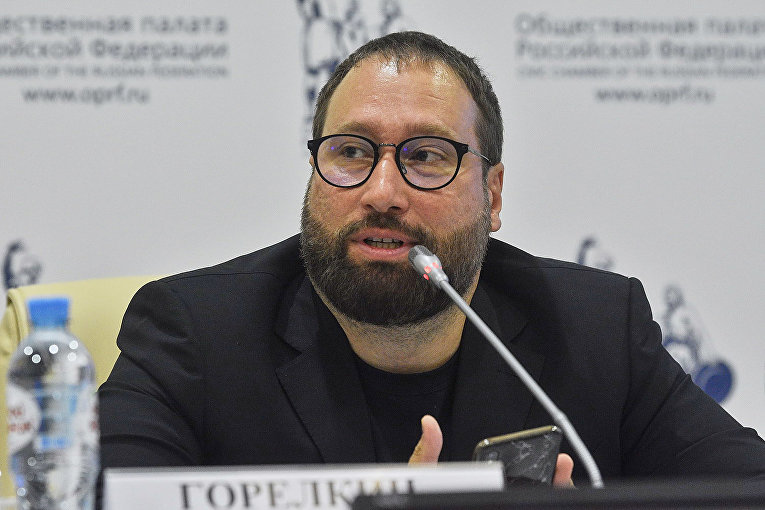MOSCOW, November 20 (RAPSI) – A bill on publicly available personal data entitles citizens the right to specify the duration of a period within which such data is permitted to be processed, according to the author of the document, member of the State Duma Committee on Information Policy Anton Gorelkin.
Earlier, the bill reached the lower house of Russia’s Parliament. It sets forth the procedure and the terms, on which personal data are allowed to be processed, as well as the right of such data owners to demand their removal from publicly accessible sources. The initiative, the document reads, is to permit citizens to dispose of their personal data under a simplified procedure.
The law, if passed, is to cover all internet users and those engaged in processing and storage of personal data, first of all, social media. Thus, users, when registering on a social network, are to agree or disagree with the use of their publicly accessible personal data by third parties, set conditions, on which the data may be used, determine respective categories: for instance, a user may give permission to copy photos, but not texts, and specify the period, within which the data may be used, Gorelkin said addressing participants of a round table on the problem of the use of personal data published on the internet, hosted by Russia’s Civic Chamber.
The lawmaker added that the law also envisages that citizens are to have the right to demand that all their earlier published data not permitted to be publicly accessible are to be removed within a 3-day period by owners of social media or other operators of personal data without involving court procedures.
The document introduces the term of publicly available personal data, that is the data, access to which was directly permitted by their owners. Access to the data may be opened only if the owner directly and unambiguously agreed to grant it, Gorelkin said.
Unauthorized processing of personal data without written agreement of the owner is to be punishable by fines ranging from 3,000 to 5,000 rubles ($40 to $65 at the current exchange rate) for physical persons, and from 15,000 to 75,000 rubles ($200 to $1,000) for corporations, the draft law reads.



